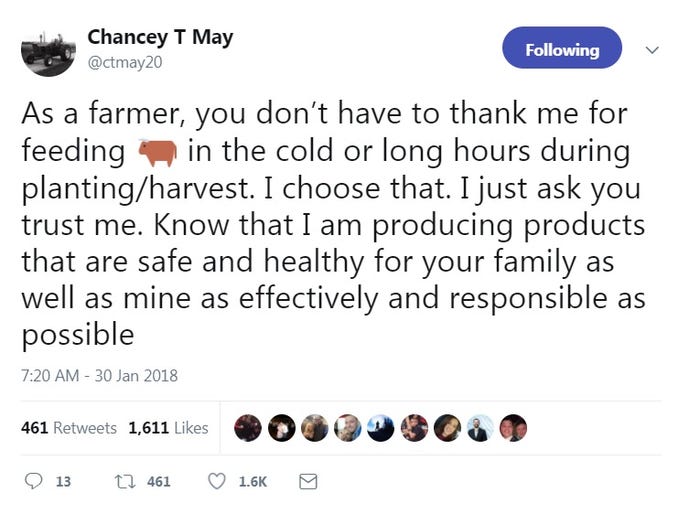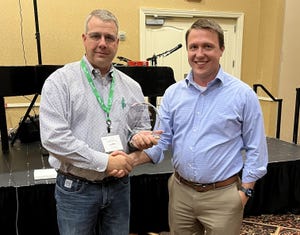It is time for animal agriculture to focus on changing the food conversation, rather than focusing on the Wayne Pacelle HSUS mess.
February 6, 2018

Many reactions flooded social media posts as the news hit that the Humane Society of the United States president and CEO Wayne Pacelle resigned. After all, when an organization over and over states it wants to end animal agriculture, then it will most likely get a response when it appears the ship is going down.
“We have no ethical obligation to preserve the different breeds of livestock produced through selective breeding … One generation and out. We have no problems with the extinction of domestic animals. They are creations of human selective breeding,” Wayne Pacelle, HSUS.
“We don’t want any of these animals to be raised and killed … unfortunately, we don’t have the luxury of waiting until we have the opportunity to get rid of the entire (animal agriculture) industry,” vice president for farm animal issues Miyun Park.
Although it appears Pacelle is out, his influence and the impact of leaders before him echoes throughout the organization. The goals have been stated, and the mission is in motion.
As a member of animal agriculture and a person who raises livestock, I fully admit HSUS has cost animal agriculture plenty. In fact, the pork industry is painfully reminded of those “costs” as the “Other White Meat” trademarks’ lawsuit gains new traction. We will not agree with their tactics, motives or messages.
However, it is noise. Loud noise that is distracting animal agriculture from what is really significant — caring for animals, the planet and people.
Now, is the time for agriculture to change the focus and transform the conversation. We can either focus on the messiness of our critics or focus on caring for pigs and telling the real stories from the barns. We can either continue the hero versus villain role-playing or just get to what really matters.
Indiana farmer Chancey May’s tweet says it best.

Farmers and ranchers provide wholesome, nutritious and quality pork for who? The protein-loving consumer. Farmers need to tell the agriculture story to the person next door and the person across the globe.
May is correct. As farmers and ranchers, we choose to work long hours in questionable weather to raise plants and animals. If we did not care so deeply about farming, we would not be doing it. So, the conversations should be centered on building trust.
As a farmer, you do business with people who you trust. It is reasonable for the people to want to know the person who raise the pigs. Still, building trust takes time, effort and transparency. It also takes honesty and sometimes difficult dialogues, one person at a time.
Here are five ways to build trust
1. Know yourself: Successful relationships start with knowing yourself. What are your strengths and weaknesses? How do you react and respond to other people, especially those with different viewpoints? Having a better handle on you helps us to make wiser decisions along with making and reaching goals.
2. Words and behavior must match: Your actions must match your words. Nothing is more damaging than if you talk the talk but do not walk the walk. Consumers are holding us to a higher standard in doing what’s right for pig, planet and people. If you practice this every day in the barn or on the street, then your actions speak louder than any words you can utter.
3. Be sincere: Do you like fake people? People see right through sugar coating and individuals who put on an act. It is always best to approach conversations with honesty and directness without being hurtful. It’s also a good idea to watch your body language. You want them to feel safe and secure with the conversation.
4. Welcome feedback: It can be difficult to accept feedback from those with opposing views. A lack of understanding what actually happens on the farm can lead to some wandering thoughts. If we execute our sharp listening skills, it is possible to identify the confusion about farming practices or distinguish their concerns about food or recognize what motivates them.
5. Establish a common ground: Less than 2% may farm, but we all eat food and make decisions about food. When someone raises a concern about raising pigs or farming in general, and you have the same concern, verbalize it. We all want safe food to eat and prepare for our families. You need to express that and do not assume the other person knows it.
You May Also Like



